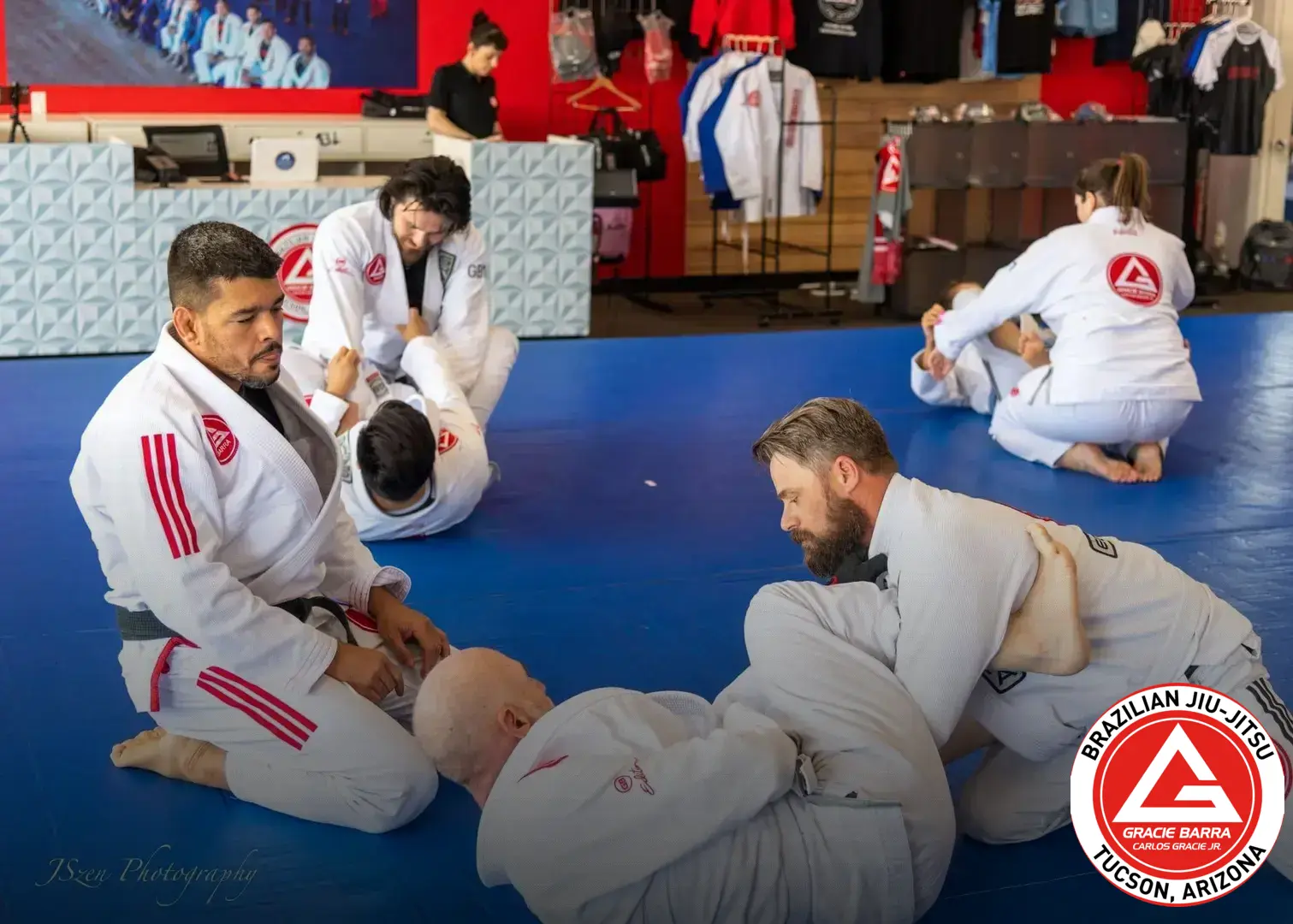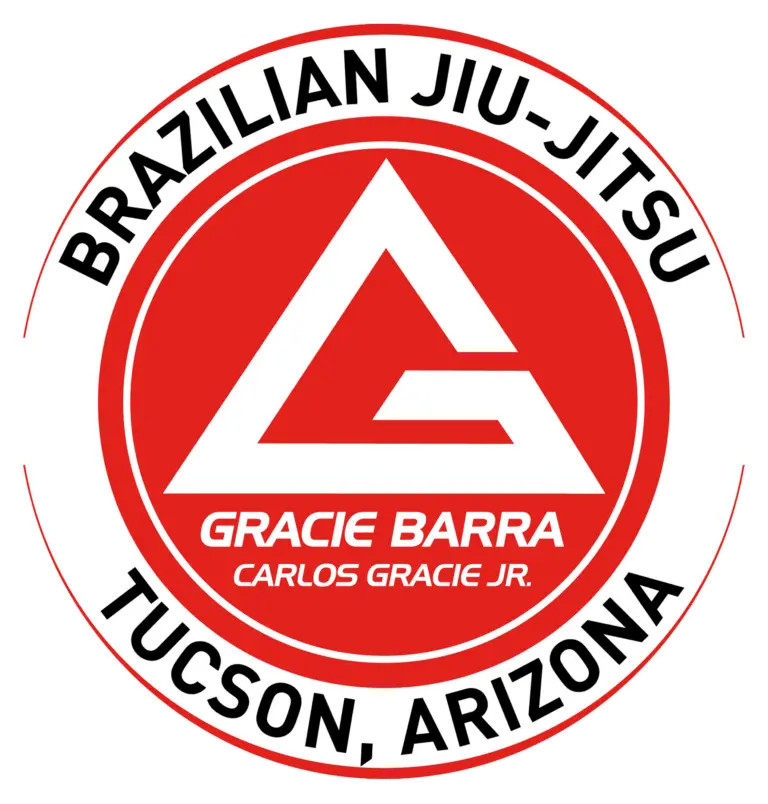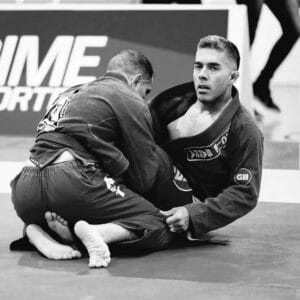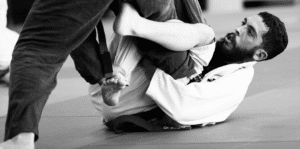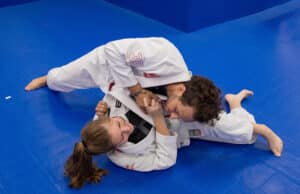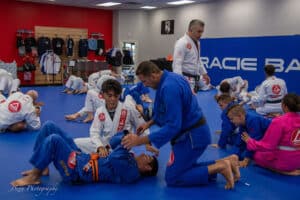Is BJJ more cardio or strength? This question often sparks debates amongst martial arts enthusiasts and fitness experts alike. While the simple answer would seem to be that Brazilian Jiu-Jitsu (BJJ) requires an equal measure of both, the realistic interaction between the two components is much more complex.
After all, compared to the understanding the physical demands of BJJ, it’s never just a simple tug-of-war between the heart and the muscles. The reality is, both cardio and strength play significant roles, each carrying its own set of nuances and intricacies that we will explore later.
Let’s go deeper into the cardio aspects of Brazilian Jiu-Jitsu, going beyond just endurance and aerobic capacities. Then, let’s go through the strength factors into BJJ training, investigating the importance of power and resistance in this demanding martial art.
You should have a well-rounded understanding of the continuum between cardio and strength in Brazilian Jiu-Jitsu, allowing you to draw your own conclusions and make informed decisions about your BJJ training regimen.
Understanding the Physical Demands of BJJ
Brazilian Jiu Jitsu (BJJ) is a martial art that requires a unique combination of cardio, strength, and flexibility. But what exactly are the physical demands of BJJ and why are they important?
Cardiovascular Endurance in BJJ
Is BJJ more cardio or strength? This is a common question that many people ask. The answer is that it requires a balance of both, but cardio plays a significant role. In Jiu-Jitsu, matches can last anywhere from five to ten minutes, or even longer in some cases. Throughout this time, you’re constantly moving, grappling, and trying to outmaneuver your opponent. This requires a great deal of cardiovascular endurance.
The Role of Strength in Brazilian Jiu-Jitsu
While cardio is crucial, strength also plays an integral part in BJJ. You’re often required to lift, hold, and manipulate the weight of your opponent. This requires a significant amount of strength, particularly in your core and upper body. However, it’s important to note that strength in Brazilian Jiu-Jitsu is more about technique and leverage than sheer power.
The Importance of Flexibility
Flexibility is another key aspect of BJJ. Many of the moves and positions in Brazilian Jiu-Jitsu require a good degree of flexibility. This can help you to execute techniques more effectively, avoid injuries, and even give you an edge over less flexible opponents.
Physical Conditioning for BJJ
Given the physical demands of Brazilian Jiu-Jitsu, it’s crucial to incorporate cardio, strength, and flexibility training into your routine. This can help you to perform better on the mat and reduce your risk of injury.
So, whether you’re a seasoned BJJ practitioner or just starting out, understanding these physical demands can help you to train more effectively and get the most out of your Brazilian Jiu-Jitsu journey.
Ready to put your physical capabilities to the test? Book a FREE trial class and experience the benefits of Brazilian Jiu Jitsu with our expert instructors at Gracie Barra Tucson.
